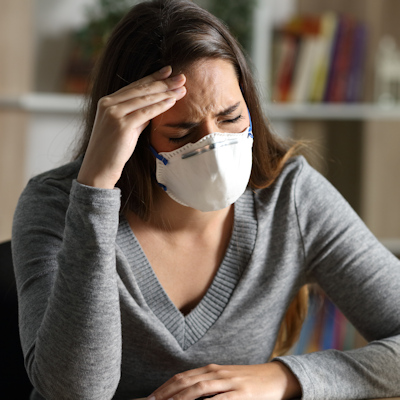 University of Missouri researchers say specific long-COVID symptoms fewer than expected
University of Missouri researchers say specific long-COVID symptoms fewer than expected
University of Missouri (MU) researchers have reported an unexpected discovery: people experiencing persistent COVID-19 effects -- known as long COVID -- are susceptible to developing only seven symptoms from a list of 47 top-reported long COVID symptoms for up to a year following infection. Read More
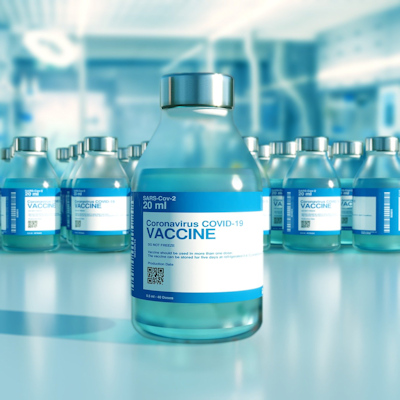 Study suggests immune response to anticancer checkpoint inhibitors unaffected by COVID-19 vaccination
Study suggests immune response to anticancer checkpoint inhibitors unaffected by COVID-19 vaccination
Immune checkpoint inhibitors perform comparably in vaccinated and unvaccinated individuals, allaying concerns that injections given to protect against COVID-19 will interfere with cancer treatment. Read More
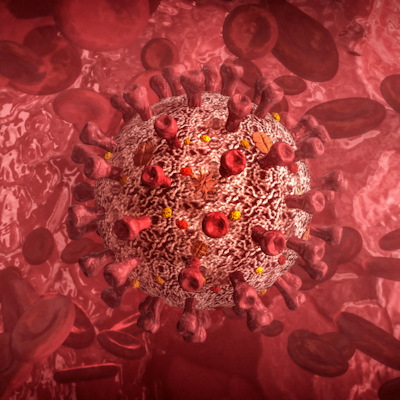 Researchers discover antibodies that recognize all SARS-CoV-2 variants
Researchers discover antibodies that recognize all SARS-CoV-2 variants
Scientists at Switzerland’s Institute for Research in Biomedicine (IRB) and their collaborators pored through over 10 million coronavirus sequences to discover that some portions of the virus spike were remarkably unchanged, despite the many currently circulating virus variants. The research, published on January 26 in Science Immunology, also revealed that certain antibodies recognize all SARS-CoV-2 variants, along with other human disease-causing coronaviruses. Read More
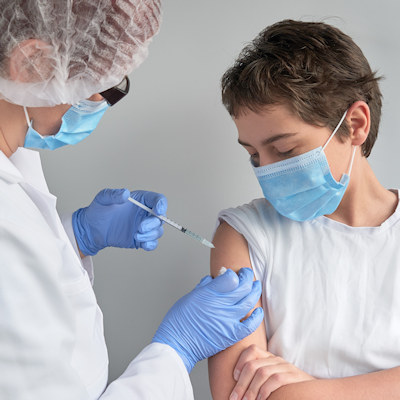 COVID-19 immune response strengthens over time
COVID-19 immune response strengthens over time
Oregon Health & Science University (OHSU) researchers found that the more time between vaccination and infection, the greater the strength of the immunity from COVID-19. The findings, published on Thursday in the Journal for Clinical Investigation Insight, suggest that people who’ve had COVID-19 can benefit from vaccination, even if they’ve delayed it. Read More
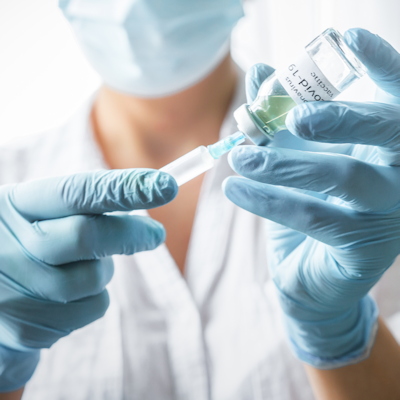 mRNA COVID-19 booster rates low among immunocompromised
mRNA COVID-19 booster rates low among immunocompromised
Researchers have found low adherence to the Centers for Disease Control and Prevention's mRNA monovalent COVID-19 booster recommendations among immunocompromised individuals. Read More
 Long COVID risk significantly higher in unvaccinated: Study
Long COVID risk significantly higher in unvaccinated: Study
A cohort study found that the risk of developing persistent post–COVID-19 symptoms, or long COVID, was significantly higher in unvaccinated participants and those initially hit harder by the virus. The research, published Wednesday in JAMA Network Open, showed that six months after onset, long-COVID participants had a significantly higher risk of pulmonary, diabetes, neurological, and mental health issues than they did preinfection. Read More
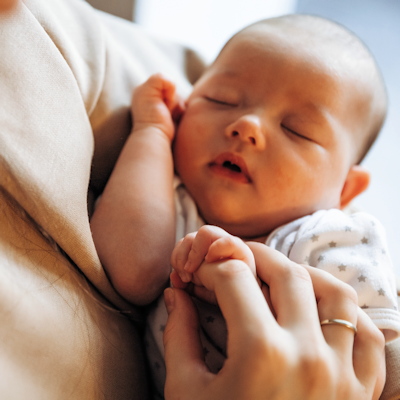 Vaccinated moms’ breast milk may protect babies from COVID-19
Vaccinated moms’ breast milk may protect babies from COVID-19
University of Florida researchers have provided additional evidence that the breast milk of mothers vaccinated against COVID-19 helps protect infants too young to receive the vaccine. The findings, published January 12 in the Journal of Perinatology, found SARS-CoV-2 antibodies in the stool of infants who consumed this breast milk. Read More
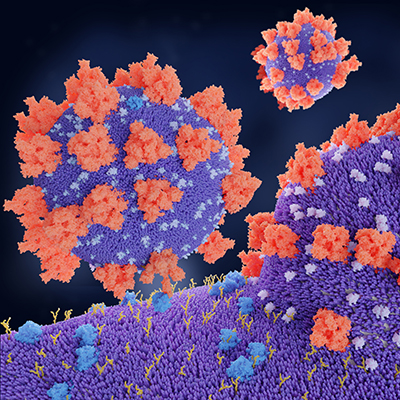 Severe COVID-19 outweighs rare post-vaccination myocarditis risk
Severe COVID-19 outweighs rare post-vaccination myocarditis risk
Researchers from Brigham and Women’s Hospital and Massachusetts General Hospital investigated the immune response of young adults who developed myocarditis after receiving a COVID-19 vaccine. The study, published January 4 in the journal Circulation, indicated that the risk of developing severe disease from acute COVID-19 infection significantly outweighed the rare risk of post-vaccine myocarditis. Read More
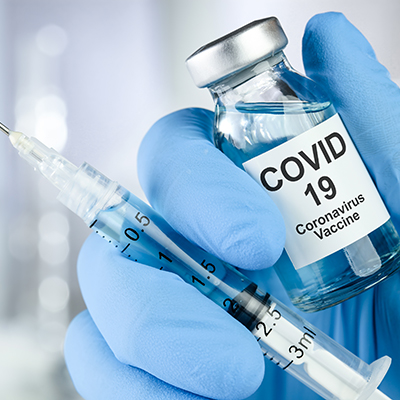 COVID-19 vaccine appears safe for children following MIS-C
COVID-19 vaccine appears safe for children following MIS-C
Children and adolescents who received a COVID-19 vaccination following multisystem inflammatory syndrome (MIS-C) reported no serious complications, including myocarditis or reoccurrence of MIS-C. The NIH-funded observational study, published January 3 in the journal JAMA Network Open, indicates that it is safe to get a vaccine after having had MIS-C. Read More
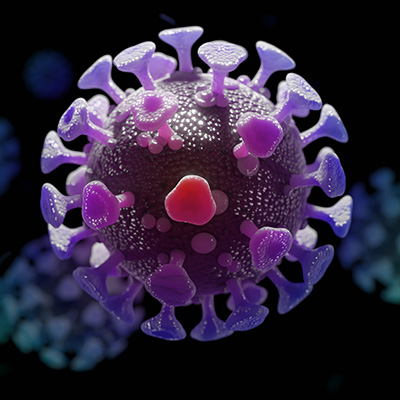 Mechanism revealed for COVID-19-related loss of smell
Mechanism revealed for COVID-19-related loss of smell
Duke Health scientists and collaborators have discovered an inflammatory mechanism that helps explain COVID-19-related loss of smell, and possibly other long COVID symptoms. The finding, published December 21 in the journal Science Translational Medicine, provides insight into a problem that has plagued millions who have not recovered their sense of smell following COVID-19 infection. Read More
Member Rewards
Earn points for contributing to market research. Redeem your points for merchandise, travel, or even to help your favorite charity.
Research Topics
Interact with an engaged, global community of your peers who come together to discuss their work and opportunities.
Connect
Tweets by @ScienceBoard



